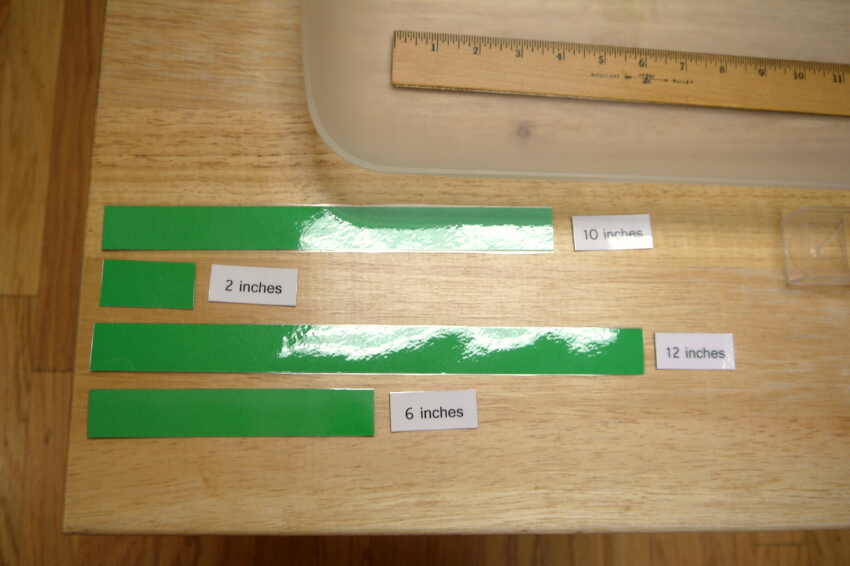International Montessori Measurement Activities for Growth and Confidence
Montessori education has long been recognized for its ability to foster independent thinking and a love for learning in young children. One key aspect of this approach is the emphasis on practical life skills, which includes teaching children about measurements. Engaging children in Montessori measurement activities not only helps them develop important mathematical concepts but also boosts their confidence and encourages their overall growth.
1. Understanding Measurements: Introduction to Length
The Montessori measurement curriculum begins with teaching children about length. Through hands-on activities like using Montessori measurement tools and comparing objects, children are introduced to the concept of measurable units and learn to distinguish between long and short objects. This early exposure to measurements lays a solid foundation for future mathematical learning.
2. Developing Spatial Awareness: Exploring Volume and Capacity
Montessori activities also focus on helping children develop spatial awareness and an understanding of volume and capacity. Through exercises like pouring water between different-sized containers or using measuring cups to explore volume, children not only learn about measurements but also enhance their fine motor skills and hand-eye coordination. These activities stimulate logical thinking and problem-solving abilities, fostering confidence in their own skills.
3. Building Mathematical Concepts: Introduction to Weight
Another key aspect of Montessori measurement activities is teaching children about weight. By using balancing scales, children are introduced to the idea of comparing and understanding weight differences. They explore the concepts of heavy and light, learning to make precise measurements and comparisons. These activities challenge their critical thinking skills and promote logical reasoning.
4. Practical Life Skills: Measuring Time
In addition to units of length and weight, Montessori measurement activities also introduce children to the concept of time. From learning to tell the time on a clock to understanding the concepts of seconds, minutes, and hours, children develop a practical understanding of time measurement. This helps them not only in their daily routines but also fosters a sense of order and responsibility.
5. Integrating Math Concepts: Manipulating Fractions with Measurement
Montessori measurement activities go beyond basic concepts by integrating mathematical ideas like fractions. Children explore fractions by using measuring tools and dividing objects into equal parts. This hands-on approach makes abstract concepts more concrete and boosts children’s understanding of fractions and their practical application in real-life situations.
6. Cultivating Independence: Self-Correction and Self-Assessment
Montessori measurement activities encourage children to become independent learners. The use of self-correcting materials, such as Montessori measurement tools and equations, allows children to assess their own progress and identify any mistakes. This self-assessment not only helps them develop a sense of responsibility but also nurtures their problem-solving skills and promotes a growth mindset.
Engaging young minds in Montessori measurement activities unlocks their potential for growth and confidence. By introducing children to various measurement concepts in a hands-on and practical way, Montessori education fosters a deep understanding of mathematical concepts, logical thinking, problem-solving abilities, and independence. These skills not only benefit children academically but also equip them with important life skills that will serve them well in the future.
Nidhin
For More Details Call: +917510220582

